Great players win matches, great teams win championships. In business terms that translates into winning more sales, achieving higher returns and being top of the table for customers.
I see so many companies where the first, second and third consideration are the numbers and an obsession with quarterly results. But to get bigger an organisation first needs to get better – better at serving clients, better at its processes, better at building a strong, resilient and creative team.
A strong and successful organisation takes a shared vision of success, based on an agreed plan to deliver that success. A collective set of values are critical, these are the principles of co-operation which determine and define the culture of the organisation and the way that the team members work together.
Values
Company values are the core principles that set the tone for collaboration and ownership of work within your organization. When clearly communicated, these values serve as a powerful guide to employees as they share responsibility for driving the organisation towards success.
Strong values drive how teams cooperate and how individuals engage with one another. A strong company culture encourages team members to see their job as more than just a job. It supports the leaders to inspire each member of the team to own their role, generate ideas and drive progress.
It’s essential that every new recruit to the organisation understands and embraces the company values.
Valued
A set of values will help to build a culture of collaboration and trust. In a collaborative, trusting environment, employees are clear about their role and feel empowered.
The best companies recognise that employees seek personal development and positive challenge and so they create a positive and energetic culture where team members are encouraged to innovate, drive change and contribute to the future of the company in a powerful way.
Valuable
Clearly understood values are the building blocks of that powerful and positive culture. They are not just words but rather they define how the team approaches goals and tasks, interpersonal collaboration and employee well-being.
Trust, transparency and honest are fundamental cornerstones, but companies which appreciate the benefits of a clear set of values will extend the scope to include specifics which reflect their unique goals or desired culture, examples can include their approach to innovation, risk and individual responsibility.
Continuous communication and reference to the organisation’s values must be supported by leaders and employees demonstrating them in their own behaviour. For values to be truly effective they must be authentic, visible and demonstrable. It becomes the way that the organisation works and determines how decisions are made – always, even when nobody is looking!
Values in practice
A couple of years ago I was a member of a team which took on the challenge of rowing across the Atlantic Ocean. Our vision of success was to beat the world record for the fastest crossing. Our underlying principle was that we would start as friends and finish as friends – whatever was thrown at us. Our agreed values were; determination (we would not give up), timeliness (we would always be on time for our rowing rota), no ego (individual credit is irrelevant, we can only succeed together), have fun.
As 5 guys who had never rowed before, this simple expression of our approach to the immense challenge we were about to face allowed us to coalesce as a team. No longer were we a bunch of individuals. Banishing ego meant that we were not afraid to ask for help – supporting each other when one or another of us had a bad day became normal. Our behaviour was determined by the culture we shaped around our values. Decisions were made guided by the values we agreed and owned. Each crew member felt that they were part of something bigger, something worth fighting for.
We rowed out of Spain and arrived in Antigua 36 days later, beating the world record by 23 hours. This result had only been possible because, for that period of time, our shared goals and agreed values were completely and totally aligned. We lived our values and this had inspired us to perform as a championship winning team.
What are your company’s core values?
How do you value your team?
How valuable are you to your customers?


